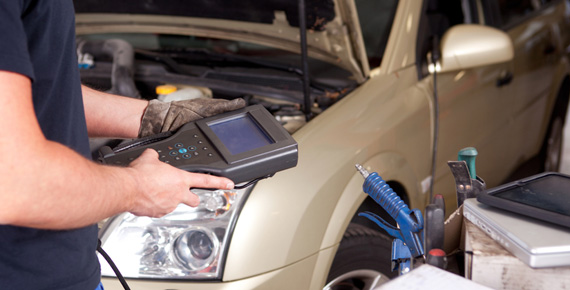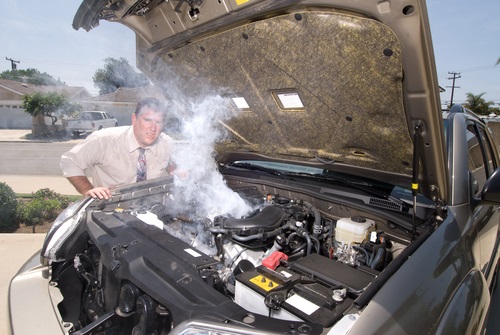Are you familiar with the feeling of dread that takes over when your car starts making strange noises or isn't running as it should? When it comes to diagnosing car problems, many people feel at a loss, unsure what to do or where to start. However, with a bit of knowledge and a willingness to learn, you can become comfortable diagnosing basic car problems on your own.
How to Diagnose Car Problems If You Don't Know Much About Cars

One of the first steps to diagnosing a car problem is to pay close attention to what the car is doing and when it's doing it. For example, if you notice that the car is making a strange noise only when you turn the wheel, that's a good starting point to begin your investigation. Another important tip is to check the owner's manual, which often has valuable information about maintaining and repairing the vehicle.
Another tool that can be helpful is a diagnostic scanner, a device that plugs into the car and identifies problems with the engine or other systems. While these scanners can be expensive, many auto parts stores and mechanic shops rent them out to customers for a reasonable fee.
Five Natural Ways To Diagnose Your Car Problems

If you prefer a more natural approach, there are a few simple methods you can try to diagnose car problems. One popular technique is the "ear test," where you listen to the engine and other components to see if they're making any unusual noises. Another natural method is to use your senses of sight and smell to detect any issues. For example, if you see a puddle under the car, that could indicate a leak in the cooling system.
One other technique to keep in mind is the "shake test," where you carefully rock the car back and forth to test the suspension. If the car doesn't respond as it should or makes a strange noise, that's a sign that there may be a problem with the suspension that needs to be addressed.
How to Diagnose Car Problems Based on the Symptoms

Sometimes the best way to diagnose a car problem is to focus on the symptoms of the issue itself. For example, if you notice that the car is stalling or hesitating when you try to accelerate, that could be a sign of a problem with the fuel system. Or if the steering feels loose or unresponsive, that could indicate a problem with the steering system.
Other helpful symptoms to look for include warning lights on the dashboard, vibrations or shaking when driving, and difficulty shifting gears. By paying close attention to these symptoms and doing a bit of research, you can often pinpoint the exact problem that needs to be addressed.
How to Diagnose Car Problems If You Don't Know Much About Cars Auto

If you're still feeling overwhelmed or unsure about diagnosing car problems on your own, don't hesitate to seek out the help of a professional mechanic. A skilled mechanic can identify issues quickly and accurately, saving you time and money in the long run.
Another option is to join a car enthusiast group or forum where you can ask questions and get advice from other car owners and experts. These groups can be a great resource for learning more about how cars work and how to diagnose common problems.
In conclusion, diagnosing car problems doesn't have to be a daunting task. By learning as much as you can about your vehicle and using a combination of natural and diagnostic tools, you can quickly identify issues and take steps to resolve them. Whether you choose to tackle the problem on your own or enlist the help of a professional, a little bit of knowledge can go a long way in keeping your car running smoothly for years to come.
